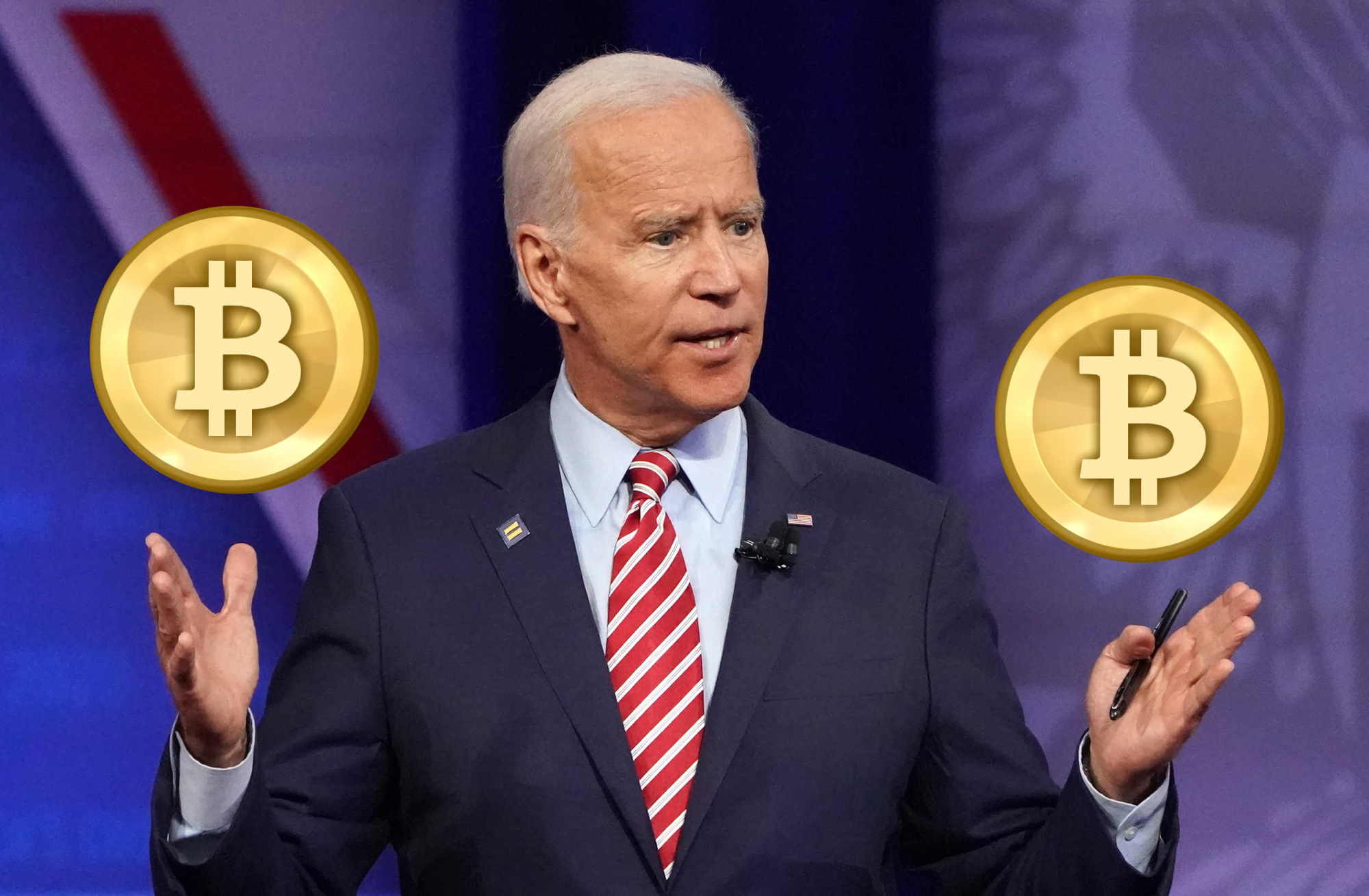The G20 leaders said in a statement that was posted on the White House website following their summit this week in Bali, Indonesia, that it is crucial to raise public awareness of risks, to support regulatory outcomes, and to ensure a level playing field while taking advantage of innovation. One of those who signed the declaration was Joe Biden, the vice president of the United States.
A staggering amount of money is thought to have been lost by FTX and its sister company Alameda Research, and it now threatens to engulf the larger cryptocurrency sector. As a result, in the past week, there have been numerous requests for stricter regulatory limitations.
The Financial Stability Board (FSBapproach )’s to developing a comprehensive worldwide framework for the regulation of virtual currency operations based on the tenet of “same activity, same risk, same regulation” has been hailed by the leaders of the G20 countries.
In order to minimize any potential risks to investors, they have also declared that they want to make sure that the crypto ecosystem, which includes so-called stablecoins, is subject to strict regulation, monitoring, and control.
The now-defunct and bankrupt cryptocurrency exchange FTX made a substantial donation. In addition, it had partnered with Ukraine in order to carry out its cryptocurrency donation scheme.
Due to the company’s failure, President Joe Biden’s White House and the leaders of two significant Democratic committees were obliged to publicly criticize FTX and call for increased industry oversight. President Biden has argued for more regulations on cryptography in light of the loss.
In an executive order (EO) titled “Ensuring Responsible Development of Digital Assets” that was released by President Biden on March 9, the first government-wide strategy for minimizing risks and maximizing opportunities presented by digital assets and the underlying technologies was laid out.
Federal agencies have been working together over the past six months to develop frameworks and policy suggestions that support the six main objectives outlined in the EO: protecting consumers and investors, promoting financial stability, stopping illicit financing, maintaining U.S. dominance “in the global financial system and economic competitiveness, financial inclusion, and responsible innovation.”

